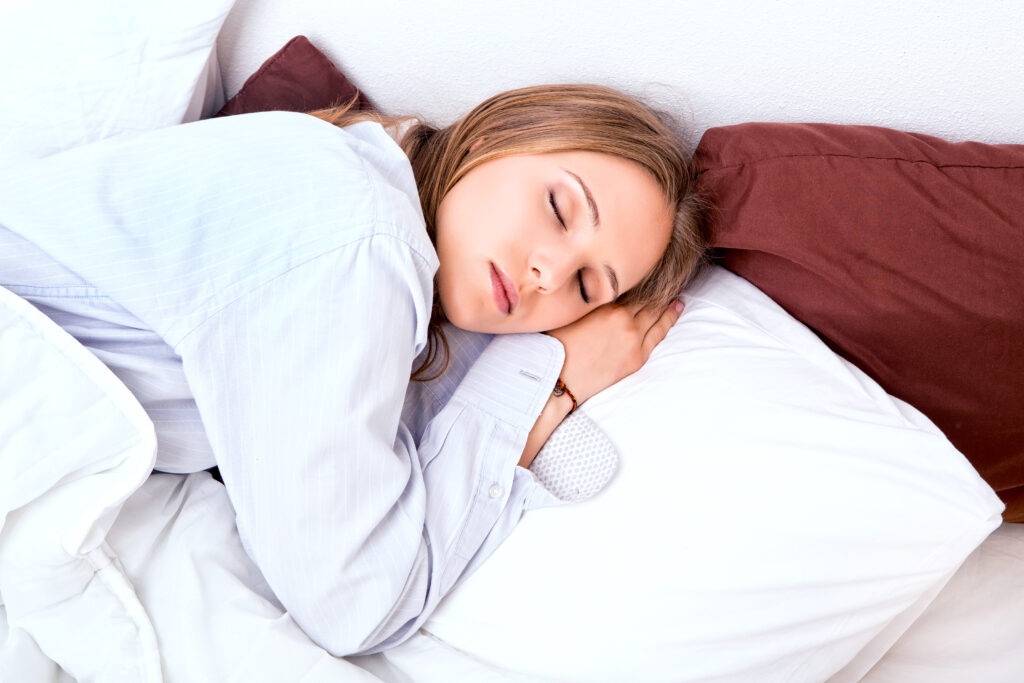According to research, lack of sleep at night is associated with accelerated markers of aging. In particular, researchers found that telomeres, a marker of aging found in our chromosomes, are shortest in individuals who sleep less than 5 hours and longest in individuals who sleep more than 7 hours per night. Telomeres are at the tips of our chromosomes and as we age they shrink. Telomere length rather than chronological age is considered an accurate gauge of the person’s physiological age. An individual’s environment, diet, lifestyle, and genetics determine the rate at which telomeres shrink.
Additional research shows that women trying to conceive who sleep fewer than 7 hours each night have a 15% reduction in their conception rate. By comparison, women who get 7-8 hours of sleep each night have an increase in their conception rate by 25%. Research also shows that a regular late bedtime and lack of sleep affect sperm quality. Sleep is often overlooked when discussing an optimal healthy lifestyle, with an emphasis on diet and exercise instead. Consider good sleep hygiene to be just as important diet and exercise. The perfect sleep pattern is to be in bed and fully asleep by 10pm, staying asleep for 7-8 hours.


